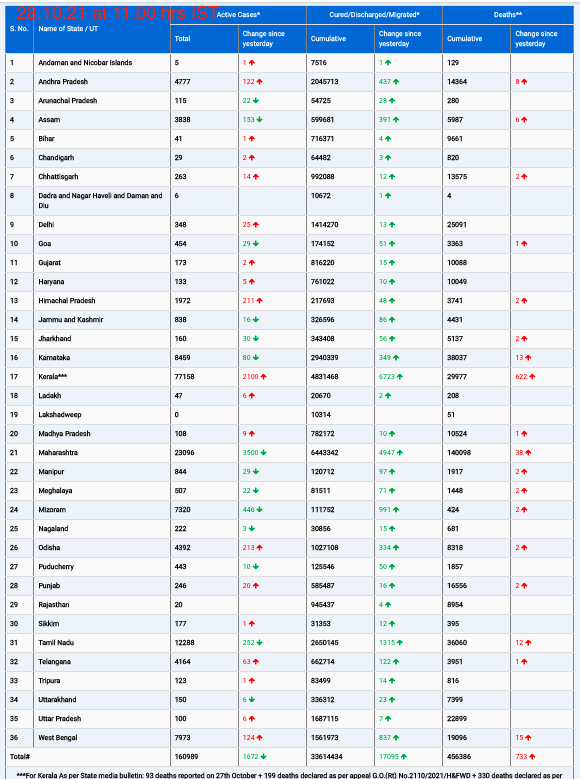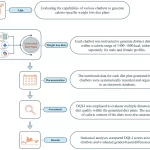St. Louis, MO – January 4, 2025
Recent research published in Brain Stimulation has highlighted the positive impact of Vagus Nerve Stimulation (VNS) on patients with treatment-resistant depression (TRD). The findings, presented in two separate studies, suggest that VNS not only offers significant antidepressant benefits but also improves the overall quality of life (QoL) of patients who have not responded to traditional therapies.
The first study, led by Dr. Charles R. Conway from Washington University in St. Louis, involved a multicenter, double-blind trial with 493 adult participants suffering from treatment-resistant major depression. The patients were randomly assigned to receive either active VNS or a sham, non-active VNS for a duration of 12 months. The study found that while there was no clear distinction between active and sham VNS based on Montgomery-Åsberg Depression Rating Scale responses, the clinical assessments of both on-site clinicians and off-site masked raters revealed significant antidepressant benefits for the active VNS group. Additionally, the percentage of time spent in response to treatment, as measured by the Clinical Global Inventory-Impression and Quick Inventory of Depressive Symptomology-Self Report, was notably higher in those receiving active VNS.
In the second study, Dr. A. John Rush from Duke-NUS Medical School in Singapore and colleagues focused on the effects of active versus sham VNS on both QoL and function. This study included 493 adults who had previously failed to respond to four or more antidepressant treatment trials. Active VNS demonstrated superior results in terms of improvement from baseline on key measures, such as the seven-item subset of the Quality-of-Life Enjoyment and Satisfaction Questionnaire (Mini-Q-LES-Q) and the Work Productivity and Activity Impairment Questionnaire (WPAI) item 6. These results suggest that VNS not only alleviates depressive symptoms but also contributes to a meaningful enhancement in patients’ daily lives, with a higher percentage of patients reporting clinically significant benefits in terms of work and overall quality of life.
Dr. Conway emphasized the importance of patient-reported outcomes, stating, “What’s really important here is that patients themselves were reporting that their lives were improving.” This highlights the potential of VNS as a life-changing therapy for those struggling with the severe and often debilitating effects of TRD.
The studies were funded by LivaNova, a global medical technology company, and several authors disclosed financial ties to pharmaceutical and medical device companies, including LivaNova.
These findings mark a promising step forward in the search for effective treatments for individuals with treatment-resistant depression, offering hope for those who have not benefited from conventional therapies.











